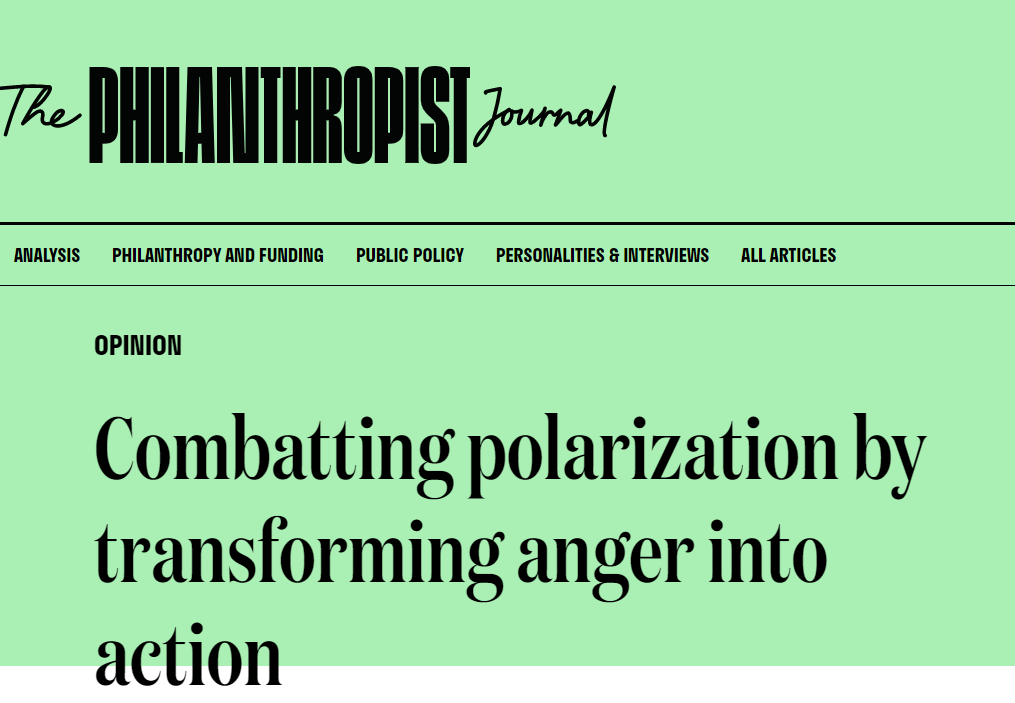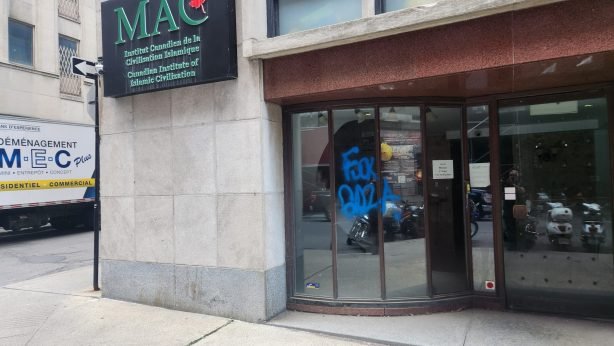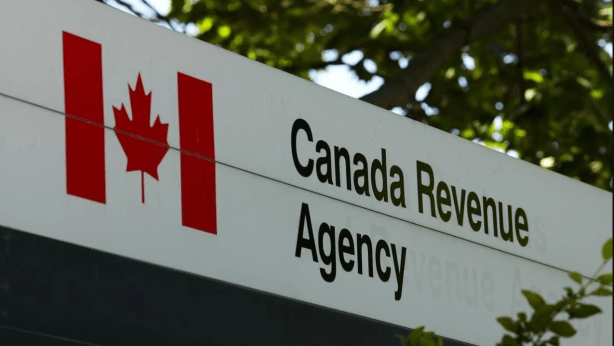Combatting polarization by transforming anger into action

January 27, 2023 | By Abdul Nakua
As we commemorate the Quebec City mosque massacre, the Muslim Association of Canada’s Abdul Nakua argues that non-profit organizations can play a critical role in nurturing a vibrant democratic society to combat the toxic effects of polarization.
As we commemorate the Quebec City mosque massacre, we are reminded of the cost of weaponized anger and the corrosive imprint this stamps on the social cohesion of society and the national political discourse and culture.
Michael Wernick, Canada’s former top civil servant, shocked the nation when he raised alarm bells about the national political discourse in Canada during a parliamentary committee hearing in 2019. “I worry about the rising tide of incitements to violence when people use terms like ‘treason’ and ‘traitor’ in open discourse.” At the time, his comments were dismissed, but only 17 months later, two men were charged in separate incidents for allegedly threatening the life of Prime Minister Justin Trudeau.
These are only two examples of many that point to the rise of corrosive polarization in our political and social discourses. Polarization has become ubiquitous, in large part, because it permeates many conversations and exchanges. About 35 books have been written about the subject in the past decade and numerous studies and surveys published. Those who believe in its pervasiveness will point to the rise of alt-right groups, hate networks, virtue-signalling from both the right and left sides of the political spectrum, and the increase in toxicity within the political discourse. Studies and research signal that while polarization in Canada has not reached the levels seen in the United States, there is a high risk of sliding into a similar trajectory.
The best defence against [polarization] is nurturing a vibrant democratic society. Non-profit and charitable organizations can play a critical role in this undertaking.
The best defence against such slide is nurturing a vibrant democratic society. Investing in civic virtue and increasing participation in the democratic process will go a long way toward combatting the pernicious outputs of polarization. Non-profit and charitable organizations can play a critical role in this undertaking.
A 2020 public opinion study by Environics concluded that unlike in the US, left–right polarization in Canada is much less pronounced and has generally declined, rather than increased, over the past decade. Canadians are more likely than Americans to place themselves in the middle of the political spectrum and are less likely to place themselves on either the left or the right. About two-thirds (66%) of Canadians avoid either pole and opt for the middle ground. The study highlights other differences between the two countries. Canadians expressed much higher rates of satisfaction with democracy, support for the political system, and respect for political institutions. The study recommended that the Canadian context should be approached differently with proper nuances pertinent to its attributes.
There are different studies that categorize the risks for growing polarization in Canada as high and requiring attention. In one report, the Canadian Global Affairs Institute predicted with a high degree of confidence that political polarization in the US will have a spill-over political impact in Canada. It points to the 2022 trucker protests as evidence that US political polarization is resonating with a portion of the Canadian polity. More alarmingly, the Task Force on National Security of the Graduate School of Public and International Affairs (GSPIA) warned about the risks of increasing distrust in government. Erosion of trust opens space for misinformation and disinformation to spread; this weakens democratic institutions. It also identified ties between far-right extremists in Canada and the US. It further concluded that anti-government, antisemitic, Islamophobic, anti-Asian, or misogynistic far-right groups have developed or increased ties to like-minded actors in the US and beyond.
Among its recommendations, the report urged the government to address these threats by building institutional capabilities to counteract disinformation originating in the US and to short-circuit the ability of American actors to influence Canadian politics.
Read the full article: Combatting polarization by transforming anger into action – The Philanthropist Journal

Abdula Nakua is an Executive at the Muslim Association of Canada

The Philanthropist Journal is an online journal for those interested and engaged in the charitable and non-profit sector in Canada.


